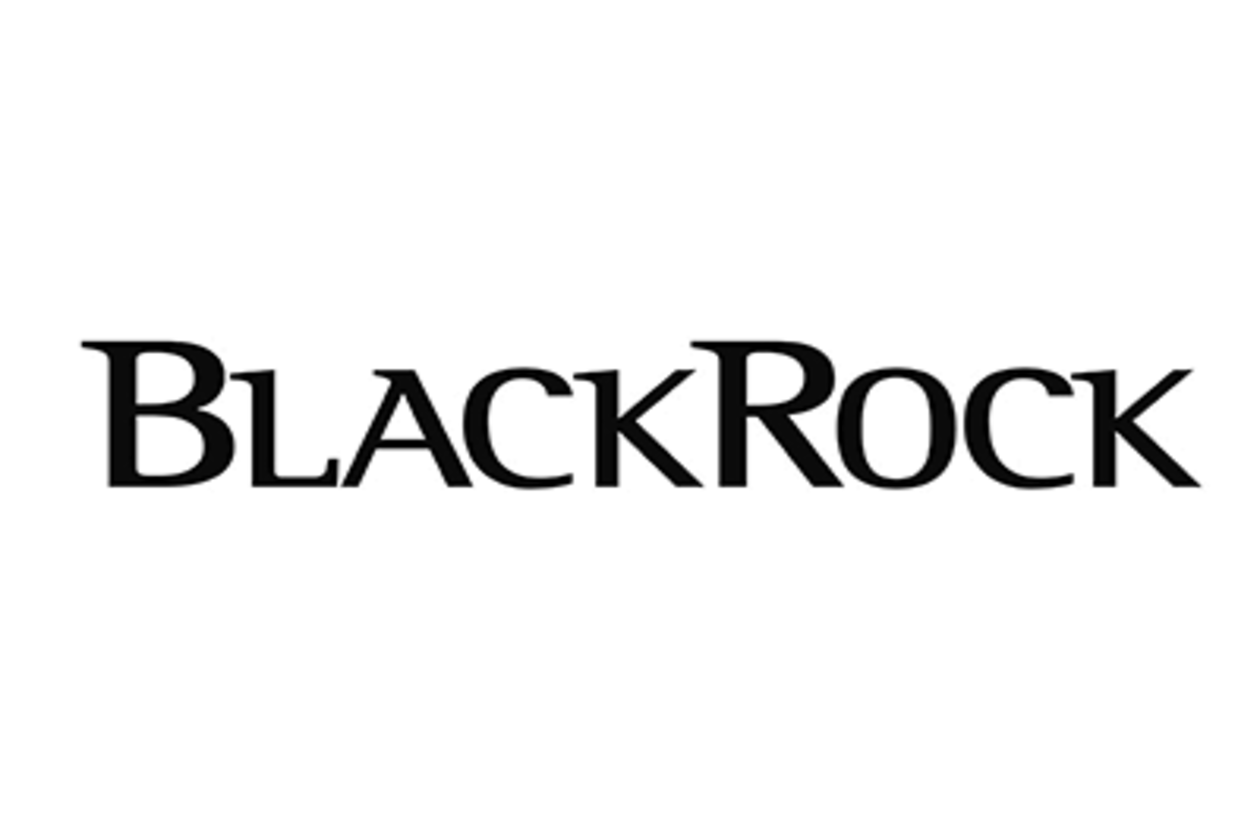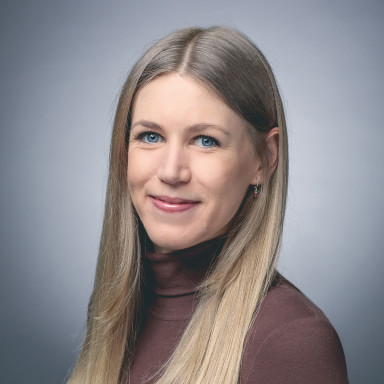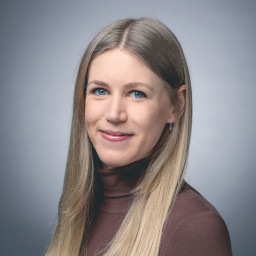Brian Hall and Stuart Brown co-manage the fund; Andreas Zoellinger stepped down as one of the fund’s co-managers at the end of 2024
The fund uses a more defensive investment approach that could help limit volatility compared to peers in times of uncertainty
Since launch in 2011, the fund’s paid an attractive income to investors. Though yields and income aren’t guaranteed and change over time
This fund features on our Wealth Shortlist of funds chosen by our analysts for their long-term performance potential
How it fits in a portfolio
The BlackRock Continental European Income fund aims to provide investors with an attractive income alongside growth in their investment. The managers mainly invest in larger, more established European businesses, but have the flexibility to invest in higher-risk small and medium-sized businesses as well.
We think the fund could work well in an investment portfolio focused on income or provide diversification to European and other global funds focused on growth. The managers also aim to provide some resilience during turbulent market periods, which could provide some balance in a more adventurous portfolio.
Manager
Andreas Zoellinger, a manager of this fund since launch in May 2011, stepped down as co-manager at the end of 2024 and retired from BlackRock and the fund management industry in early 2025. BlackRock announced the retirement of Zoellinger in July 2024, at which point Stuart Brown joined as co-manager. This meant there was a structured handover of responsibilities prior to his retirement. We view this length of transition period as a positive.
Hall started his investment career in 1999 and became co-manager of this fund in March 2021. He joined BlackRock in 2007 and worked with Zoellinger within the European equities team throughout this time until his departure. Hall has a long track record of investing in European companies and focused on value companies – those that have been through a tough time that the manager believes is temporary or where the share price doesn’t reflect the future potential. This style is complementary to income investing.
Hall’s also managed the BlackRock GF European Value fund since December 2010 and co-managed another European income fund (which unlike this fund includes some investment in UK companies), now alongside Brown, since 2021. We think this is a reasonable workload as each fund’s managed with a similar investment process, and there’s a degree of overlap.
Brown previously spent 11 years at Aberdeen and has managed European income funds since January 2021. We believe Hall and Brown have so far built a productive working relationship, valuing each other’s experience and skillsets.
The managers also work closely with and draw on the support of the wider European team at BlackRock, where idea sharing, challenge and debate are encouraged. It’s currently one of the largest teams covering European shares in the industry, and we hold the team in high regard. There have been a few changes to the team over the years, including the change to this fund, which we’ll continue to monitor.
Process
The fund aims to provide a growing income, with the potential for long-term growth. To achieve this, the managers can invest in both ‘growth’ and ‘value’ stocks, but their overall approach is a focus on business quality. They balance quality dividend-paying companies with the potential for dividend growth over time, with companies that pay a higher income now, but perhaps have less potential for growth.
The managers also aim for the fund to be less volatile than others investing in Europe, and to provide some resilience during tough markets. Therefore, they consider how cash generative a business is, and how resilient they think it’ll be in a market downturn. This typically leads them to avoid certain parts of the market, like autos and airlines.
The managers split the fund into three buckets to achieve these aims:
Premium yield – these companies typically make up half of the fund and offer an average yield (a measure of income) above the market. These must be run by high-quality management teams and be cash generative.
Compounding growth – these companies are considered the more resilient investments. They’re expected to deliver a more stable level of growth and resilient income streams. They typically make up around 30% of the fund.
Unique opportunities – these companies have lower yields but offer greater potential for capital and dividend growth. These are viewed as world-class companies, which have underappreciated or strong growth potential. They make up around 20% of the fund.
The managers aim to invest in companies for the long term, which means they tend to make some, but few, changes from year to year.
Over the past year, the amount invested in the financials and industrials sectors has increased to 38.31% and 27.14%, respectively. These sectors contain a range of businesses including insurers and banks such as AXA, CaixaBank and KBC Group, as well as aerospace company Safran, bathroom supplier Geberit, and Assa Abloy, which manufactures products such as digital locks, security doors and automated entrances.
On the other hand, investments in the consumer and healthcare sectors have reduced. Pharmaceutical company Novo Nordisk was sold earlier this year after it faced disappointing trial results and some turmoil following a CEO change. In the consumer space, the managers are mindful that, while inflation (and therefore prices) have been coming down, consumers have still been struggling and limiting their spending.
Over time, the managers typically invest in 40-70 companies, currently 47, so the fund can be concentrated. This means each investment could have a meaningful impact on performance, which increases risk.
The fund lends some of its investments to others in exchange for a fee in a process known as stock lending. This process can add risk.
Culture
BlackRock is the largest asset manager in the world, with over $12.5 trillion of assets under management globally. The company was founded in 1988 by eight partners including current CEO Larry Fink and is known for both active and passive funds across the world. Employees at BlackRock are encouraged to hold shares in the company so that they are engaged with helping the company perform well and grow.
The culture within the European investment team is also strong. At all levels, debate and challenge is encouraged, and the team works closely together daily. Managers and analysts both make good use of the overlap between other teams, which helps with idea generation.
BlackRock’s incentive structure rewards fund managers for good long-term performance. They’re also encouraged to invest in the funds they run. We think this aligns fund managers’ interests with those of investors.
ESG Integration
The team has always considered environmental, social and governance (ESG) factors in their research, particularly the strength of governance. This part of the process has evolved over time though. The developments have added to the depth of their analysis, their coverage of ESG considerations and their levels of engagement. ESG is fully integrated into their risk analysis as well and features in the stock selection criteria.
As the fund doesn’t specifically target an ESG score or outcome, managers are in charge of making investment decisions. They need to take ESG criteria into consideration but there are no limitations on what the fund can invest in.
In recent years, BlackRock has increased its focus on stewardship and expanded its range of ESG-focused funds. BlackRock’s Investment Stewardship Team aims to vote at 100% of meetings where it has the authority to do so. They engage with companies, in conjunction with fund managers, and the results of proxy votes can be found on the BlackRock website.
The firm has courted controversy in recent years for failing to put its significant weight behind shareholder resolutions aimed at tackling climate change. It responded by committing to be more transparent on its voting activity and providing rationales for key votes.
BlackRock also raised concerns in 2022 when it indicated it might support fewer shareholder proposals based on environmental and social issues in the future. Its support for shareholder resolutions has fallen dramatically. BlackRock argues that many of the resolutions were overreaching, lacked economic merit or didn’t promote long-term shareholder value, but this reasoning has been met with some scepticism.
In 2024, Blackrock announced its US arm would step back from the Climate Action 100+ collective engagement initiative, citing legal considerations, although it suggested its international arm would remain a member.
Cost
This fund is available at an annual ongoing fund charge of 0.91%. We think this is a reasonable price to access a team we hold in high regard. The HL platform fee of up to 0.45% per year also applies, except in the HL Junior ISA, where no platform fee applies.
Please note the fund's charges can be taken from capital rather than income. This increases the yield but reduces the potential for capital growth.
Performance
Since Hall became the fund’s co-manager in February 2021, it’s grown 48.47%* and performed better than the 43.40% from the average fund in the IA Europe excluding UK sector. The fund has also tended to experience fewer ups and downs than its peers. As the fund is more defensive, we don’t expect it to fall as much as others in periods of uncertainty but expect it to lag when markets rise quickly, though it won’t always perform that way. Remember past performance isn’t a guide to the future.
More recently, over the last 12 months to the end of September 2025, the fund’s grown 16.42% compared with 11.56% for the average fund in the sector. Over the past year, investments in sectors such as financials and industrials have had a positive impact on performance. Companies including CaixaBank, KBC Group and Safran all performed well.
On the other hand, investments in the healthcare sector, including Novo Nordisk before it was sold in March, detracted from returns. As with all funds, there will always be investments that perform both well and poorly, but in this case the fund benefited from more performing well over the year.
A key focus for the managers is to deliver a reliable and growing income. Over the long run, the fund has delivered an attractive income for investors, above the one produced by the market. The fund had a yield of 3.72% at the end of September 2025, though income is not guaranteed, and yields aren’t a reliable indicator of future income.
Annual percentage growth
30/09/2020 to 30/09/2021 | 30/09/2021 to 30/09/2022 | 30/09/2022 to 30/09/2023 | 30/09/2023 to 30/09/2024 | 30/09/2024 to 30/09/2025 | |
|---|---|---|---|---|---|
BlackRock Continental European Income | 13.21 | -9.64 | 13.54 | 14.47 | 16.42 |
IA Europe Excluding UK | 22.43 | -16.47 | 18.28 | 14.32 | 11.56 |


